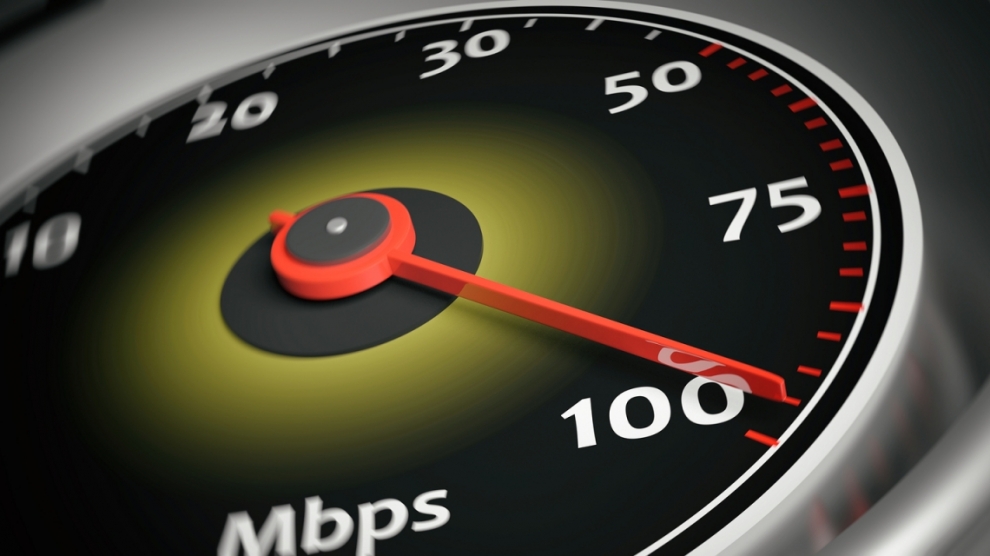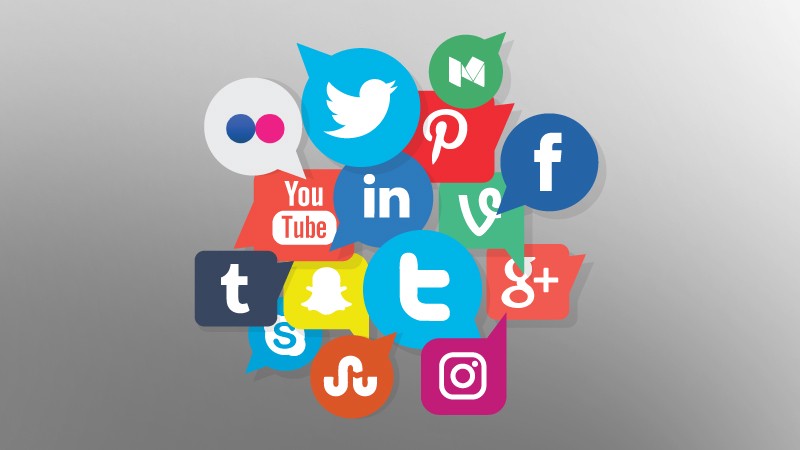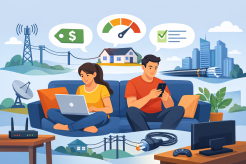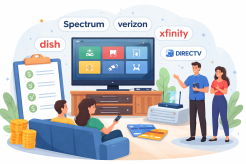How much Internet Speed is Enough?

In the news these days, there's a lot of discussion about Internet speed, and there's a lot of interest in creating faster networks. Technologies like DSL Bonding and Vectoring, as well as Fiber to the Home, are expected to open up opportunities for faster and faster connections in the coming years, leaving you with the decision of how much Internet speed is enough.
Understanding How much Internet an Activity Uses
It's a simple calculation to figure out how much Internet speed you'll need, but there are a lot of variables to consider. You'll have to think about the total number of Internet users, the different online activities they participate in, the bandwidth required for those activities, and how many of those users will be online at the same time. The most difficult part might be determining how much bandwidth each operation actually consumes. Finally, consider all of the other Internet-connected gadgets in your house, as well as how they use such connections, such as TV boxes, gaming consoles, smart appliances, and more.
Processes that Use up Internet Bandwidth
Streaming is when you use your electronic device to download but not actually stored; instead, it is continuously downloaded from another storage site, which you can access or listen to. Streaming only consumes enough bandwidth to allow you to watch a video in real-time, rather than downloading the entire video at once.
Downloading is data transfer from one location to another. You have a copy of an object on your computer when you download a movie or an album, receive an email, or scan and save from the site. Since you can download faster than you can watch if your Internet speed allows it, downloads normally consume more bandwidth for a shorter period of time than streaming.
Uploading and downloading are similar in that everything you submit is copied to a different computer or location.
Online Activities and their Internet Consumption
Many homeowners use bandwidth mostly to view or download entertainment content such as movies and music, but there are other important uses as well.
-
A 2-hour movie contains about 2 gigabytes of data, and downloading it at 4 Mbps will take about an hour and 15 minutes. You will easily reduce the amount of time it takes to download content by increasing your Internet speed. With an 8 Mbps link, the same 2-hour movie will take half the time to download.
-
Streaming music is much easier on an Internet connection, requiring only around .096 Mbps for streaming on your phone and 1670 Mbps for listening on a laptop.
-
In terms of e-mail, a typical email without attachments is estimated to be 75 kilobits in size or .075 megabits. The size of a file attached to an e-mail increases by the size of the file.
-
The estimated bandwidth use for online gaming on PlayStation, Xbox, and Nintendo Switch computers is 3-6 Mbps down and .75-1 Mbps up. That's for a single player on a single device.
-
Skype recommends a 1.5 Mbps download and 1.5 Mbps upload for a 2-way video call, whereas video calls with multiple people require at least an 8 Mbps download.
-
When browsing Facebook, users average about 0.03 Mbps, but when downloading videos from the web, the bandwidth requirements skyrocket.

Test your Speed
You should be aware that the speed of your Internet connection for telecommuting can vary depending on the applications, devices, and services you use. Video conferencing, for example, is an essential aspect of telecommuting, and as previously mentioned, it needs at least 1.5 Mbps upload and download speeds. Our experts estimate that a telecommuter can use a minimum of 2 Mbps downloads and 1 Mbps upload at any given time, but we recommend that a telecommuter have at least 25/2 Mbps. Each student in an online school must have a minimum upload and download speed of 1.5 Mbps. The same can be said for children who do their homework at home using the internet.
Test your Internet Speed using our Speed Test tool
Conclusion
This is only one example of an estimate for a hypothetical four-person household; yours will vary significantly. For example, if you use satellite or cable TV in combination with Internet providers, you might be using a lot less bandwidth for online video streaming.
Related Posts
 Internet Bundles
Internet Bundles
Finding Reliable Internet Without Overpaying
Compare the best internet providers near you. Learn how to choose reliable, affordable internet based on speed, price, availability, and real-w
 Internet Bundles
Broadband Deals
Internet Bundles
Broadband Deals
Cheapest TV Packages and Providers Compared 2026
Compare the cheapest TV packages from top providers in 2026. See channel counts, pricing, and bundle options to find the most affordable TV service for your home.
 Internet Bundles
Broadband Deals
Subscription
mobile phone plans
Internet Bundles
Broadband Deals
Subscription
mobile phone plans
Metro by T-Mobile Add-Ons Explained: Hotspot, International Calling & More
Learn how Metro by T-Mobile add-ons work, including hotspot data, international calling, and device protection. Compare features and choose the right mobile extras.
 Internet Bundles
Internet Bundles
Facts About Youtube That May Surprise You
Discover updated YouTube facts, user statistics, revenue insights, and video trends shaping global content consumption and digital marketing strategies today.
 Internet Bundles
Broadband Installation
cheap internet deals
Internet Bundles
Broadband Installation
cheap internet deals
Simple Steps to Self-Install Spectrum Internet Fast: 2026 Guide
Learn how to self-install Spectrum Internet step-by-step. Save installation fees, activate service fast, and optimize WiFi performance with this complete guide.